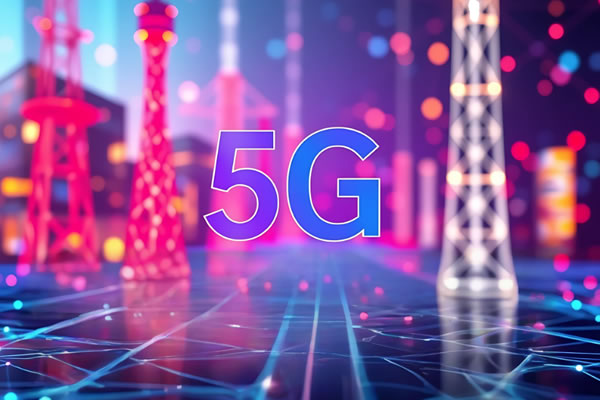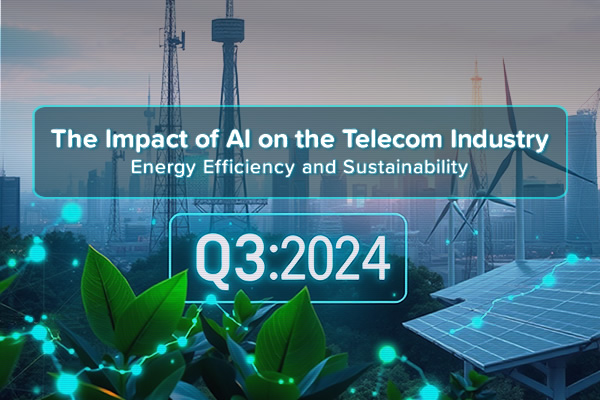Artificial Intelligence (AI) is no longer a futuristic concept in the telecom industry—it’s a reality reshaping networks from the inside out. AI is optimizing network efficiency, reducing operational costs, and opening new revenue opportunities for operators.


Private 5G networks are rapidly moving from proof-of-concept to full-scale commercial deployment, reshaping industries with enhanced connectivity, security, and operational efficiency. According to GSMA Intelligence’s latest report, 2025 will be a pivotal year for private networks, with enterprises across multiple verticals embracing dedicated 5G solutions to optimize operations and unlock new business models.

The promise of 5G is transformative—ultra-fast speeds, ultra-low latency, and massive connectivity. Yet, despite its potential, the global rollout of 5G has been slower than expected. Operators face two major hurdles: high deployment costs and a lack of compelling use cases to justify the investment.

The GSMA Intelligence report, “The Opportunity for Operators in B2B Technology Services”, provides an in-depth look at the evolving role of telecom operators in the business-to-business (B2B) technology landscape

The "Telco AI: State of the Market Q3 2024" report by GSMA Intelligence dives into the evolving role of artificial intelligence (AI) in the telecommunications sector, particularly focusing on its potential to enhance energy efficiency amid growing sustainability concerns.

The Caribbean region faces a significant challenge in the digital era: the digital divide. Despite advancements in mobile technology, nearly half of the Caribbean population remains unconnected. This disconnect is stark, with over 15 million people residing within the coverage area of 3G or 4G networks yet unable to access the internet. At the same time, 5G is in the early stages of deployment, constituting only 1% of all mobile connections in the region at the end of 2023.

